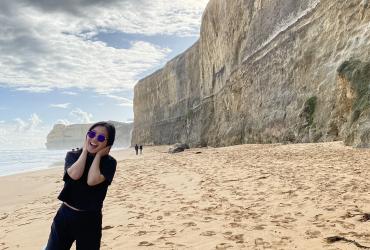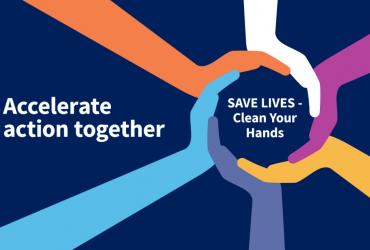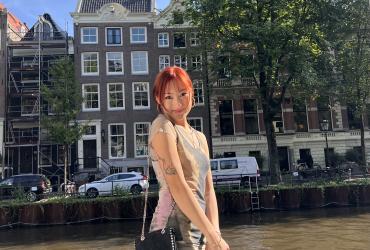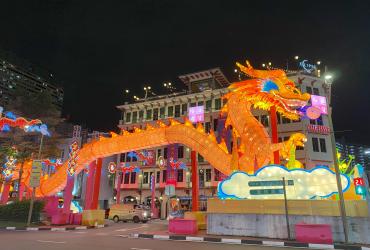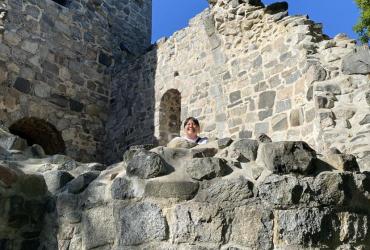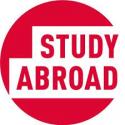Financial Preparation
I began planning for this exchange one year in advance of my application. I began by putting away $100 a month into savings, give or take, depending on my financial situation at the time. However, I quickly realized this would not be enough, as Australia is an incredibly expensive country to live in (comparable to Vancouver). I usually work 20 hours a week while taking 4-5 classes, so I had limited options for how to expand my disposable income.
I decided that I would only be able to pursue this opportunity if I also could secure funding, so I applied for the Equity, Diversity, and Inclusion International Mobility Award (EDI IMA) and the Diamond Family International Mobility Award.
I am incredibly grateful and lucky to have been awarded both of those awards, which paid for the majority of the fees associated with studying abroad. I would heavily suggest looking into any and all funding opportunities, as the costs add up quickly and you do not want to be stuck in a bad financial situation while living abroad.
Packing
A must-have for Australia is a travel charging adapter. Be advised that there are different voltages used in the country, and I have heard horror stories of people using adapters with the wrong voltage and wrecking their electronics. However, I found that using an adapter on Canadian electronics (including laptop, hair straightener, etc.) did not damage them at all.
It took me a week to pack, but I was also moving out of a rental unit at the time. The time of year you are going to Australia will greatly impact your packing process. Canadian summer (June-August) is Australian winter, and Melbourne is known for having unpredictable weather. The average temperature is between 5-15℃, and it can get quite rainy, therefore I recommend a warm, waterproof jacket.
Travel and Transportation
I flew from Vancouver (YVR) to Sydney (SYD) then connected to Melbourne (MEL). I booked these flights with Air Canada well in advance, but a direct flight to Melbourne was not possible at this time. My flights cost $1318CAD one way, and amounted to 17 hours of travel time.
My flight to Sydney meant to depart at 10:00pm in Vancouver, however it was delayed by two hours. I was rescheduled on a different flight to Melbourne. I received meal vouchers for the inconvenience in both YVR and SYD, meaning I got free food the whole way to Australia!
I was picked up in Melbourne by family, and was shocked to see them standing at the airplane gate waiting for me. Surprise! For domestic flights you can go through security and up to the plane gates without a ticket in Australia.
The main mode of transportation from Tullamarine (MEL) to the city is the Skybus. Tickets can be purchased online and they will take you to a main train station in the CBD of Melbourne. From here you can use the famous Melbourne trams, trains or buses. Uber and DiDi are popular ride-sharing apps here as well.









